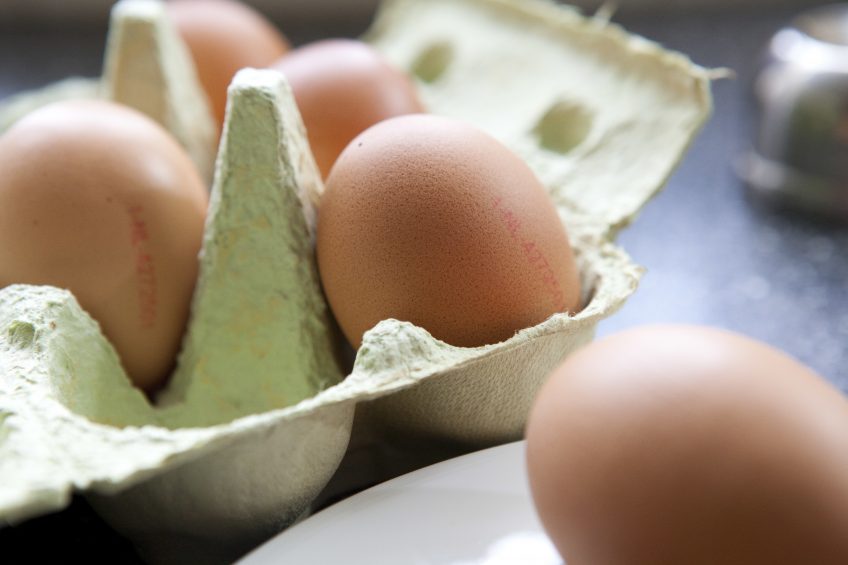A look ahead at 2018

Growing consumption for both poultrymeat and eggs has been a contrast against the odd setback in 2017. Here we ask two leading figures from both sectors for what they expect from 2018.
The UK egg industry is in a strong position as we enter 2018 following a period of sustained sales growth. The recent Food Standards Agency announcement that British Lion eggs can safely be eaten runny, or even raw, by vulnerable groups such as pregnant women, babies and elderly people is a huge fillip for UK egg producers.
In the coming year we hope to capitalise on this opportunity to increase consumption still further, although our sector faces a number of challenges.
The target set by the industry’s major customers to move to “cage free” production by 2025 means that egg producers face the need to plan major investment decisions now – although we still don’t know the exact route this move will take or how our industry will look in a decade’s time.
The Fipronil contamination scare last summer disrupted the egg market across Europe, with many Dutch farms still under restriction. Although this has meant higher wholesale prices for eggs, market instability does not help our industry in the longer term. It particularly affects the egg products sector and the current market disruption has highlighted the need for long term commitments to guarantee stable supply. Next year will see a campaign by British Lion egg processors demanding that retail and foodservice customers commit to British Lion eggs for their processed products, not just for shell eggs.
The risk of AI is one for which the egg sector is on high alert. However, we are prepared for the possibility that free range producers may well need to house their hens at some point this AI season.
BEIC continues to work with Defra and the British Retail Consortium to coordinate clear consumer communication in the event of an extended housing order. It is vital that we protect free range producers while maintaining transparency to consumers. Should labelling be required again, we would use existing free range packaging, with a label to include the words “Barn eggs”, plus information explaining why birds are temporarily housed.
Brexit is a concern for the egg industry, as for the rest of UK agriculture. We will continue to lobby to ensure that the future health of our industry is not undermined by government agreeing trade deals that would allow imports produced to lower standards, not to mention the concern over EU workers and the impact generally on the UK economy.
The British Lion scheme has enabled us to weather many storms and the recent Food Standards Agency endorsement was an affirmation of the industry’s achievements. We believe we are one of the most successful UK agricultural sectors and are in a strong position to meet the challenges of 2018 and beyond.
Writing our success story in even bolder colours: BPC chief executive, Richard GriffithsToday, poultry accounts for more than half the meat eaten in this country. From fark to fork and from processing plant to export, we have built a strong track record of feeding the nation and embodying the Great British Food Values that our consumers demand from our food. |













